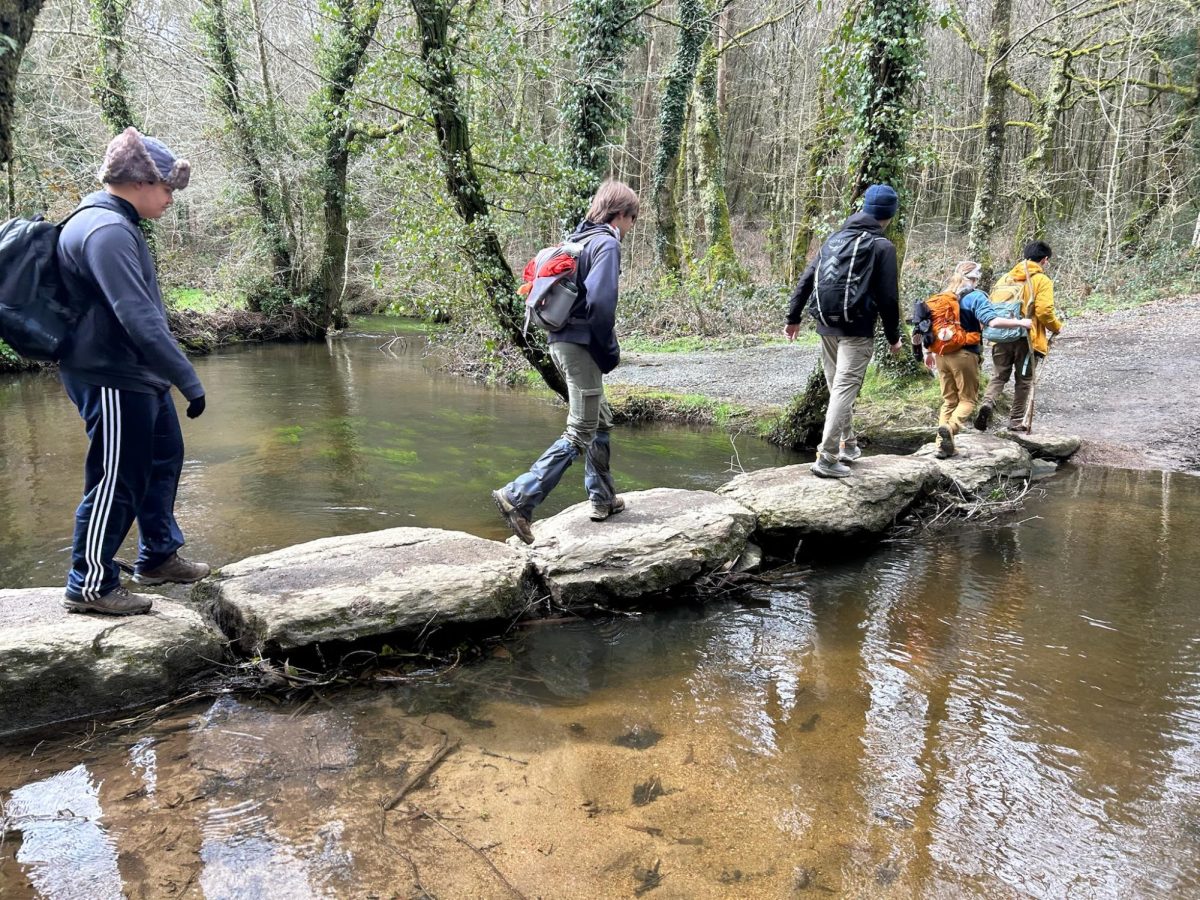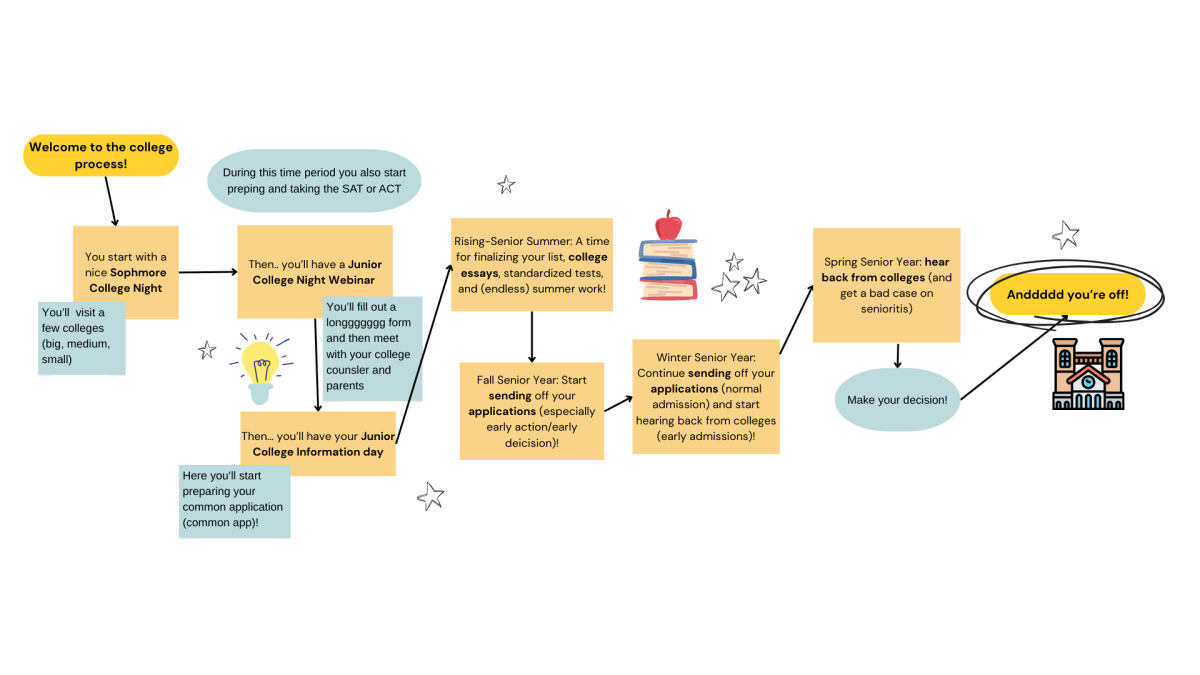As the sun bounces off the blue water and coconut trees provide shade and a light breeze, many high school seniors spend spring break or a week after graduation in an idyllic destination on the Atlantic Coast, or even nearby islands, for what is known as “beach week.”
Beach week is primarily enjoyed by students on the East Coast and Southern U.S., and started “in earnest around the mid 70s,” according to Christopher Chambers, a Georgetown professor, in an article from The DCist. He continued to say, “That’s when you had the middle classes really exploding and a lot of teenagers having access to their own or family automobiles.”
Some of the most popular beach week destinations include Rehoboth, Dewey, The Outer Banks, Corolla, Ocean City, and Virginia Beach; however, some travel farther to resorts in the Bahamas or other islands. Some destinations, such as Ocean City, have become so frequented by seniors that they even have their own online pages dedicated to beach week to advertise deals and activities that can be taken advantage of by students. That being said, beach week is perceived as a last chance for kids to drink, party, and bond with their high school friends.
As seniors enter most of these destinations, the coastal beach inhabitants prepare for a week of chaos, noise, and litter that they bring. Typically, there is a heightened presence of police and guards to monitor the seniors’ behaviour. As posted by The Town of Ocean City Maryland, “During the month of June and throughout the entire year, detectives in plain clothes conduct undercover buy-bust operations throughout the town to prevent the sale and purchase of drugs in Ocean City.”
Additionally, beach week is a serious financial commitment, starting at the cost of $800, and even reaching $3000, which is roughly what SSSAS’ students’ beach week in Punta Cana costs. These expenses cover the prices of houses and condos rented at the coastal destinations, and in the case of our school, the price of the resort.
As mentioned previously, our school’s students spend beach week at Club Med in the Dominican Republic. The excursion is not sponsored by the school and is an optional choice for all seniors to attend. This year, approximately 90 seniors will be going to the resort, which was organized by a travel planner.
Anna Strauss provided some good insight on what seniors are thinking about Punta Cana: “I think it’s [Punta Cana] a nice tradition, especially this year because [lots of] kids are going,” and continued to say she grew up aware of the concept of beach week because “when I was younger my parents talked about when they went on beach week with their schools.”
To gain an administrator’s perspective, I interviewed Ms. McGuire, the dean of students. She began by clearly stating that, “we [the administration] don’t want to be involved in it [beach week] in any way,” and “we don’t want any parent to think it’s school-sponsored.”
She further remarked that when she was a student in high school, “beach week was just getting started in public schools, but it wasn’t really something we did.”
Ms. McGuire added that her primary concern about beach week is consent and safety amongst teens. She reiterated that by saying, “I guess I think it feels somewhat unlimited to kids because you’re often going to a place where you can drink at 18.”
Despite some of its undertones, beach week is more than just a time to party with friends. As stated by Sophie Stine, she said “it’ll be really great to bond with my peers outside of a classroom setting.”





























